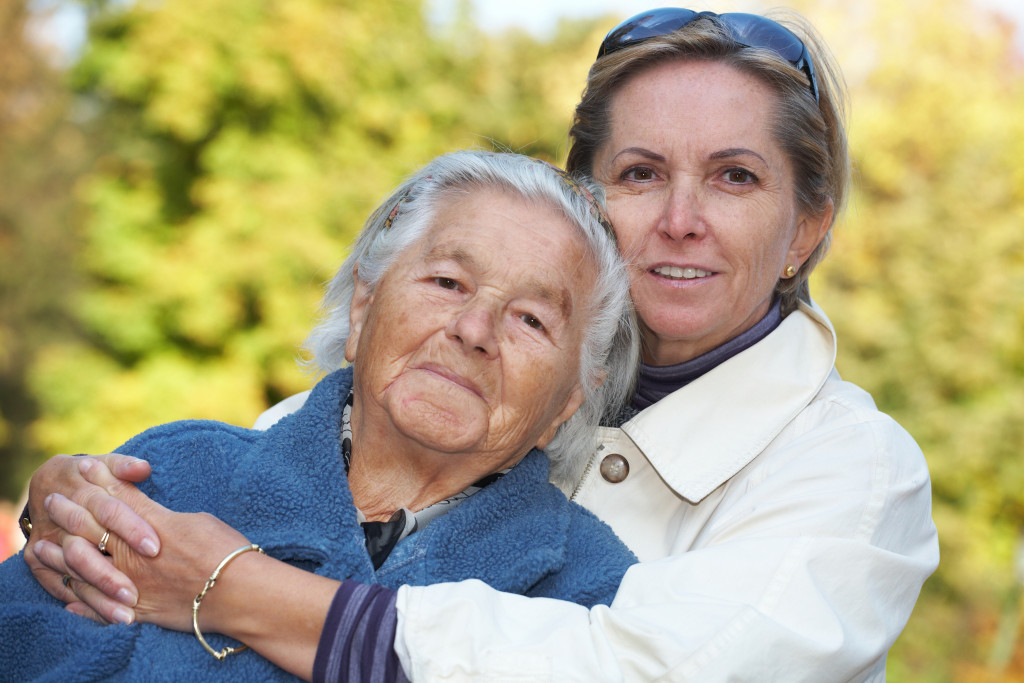Have you met anybody who looks after the elderly at home? Parents, grandparents, or close family members prefer to care for the elderly at home. Some people choose senior home care or assisted living services, which is okay. Each choice has advantages and disadvantages.
Are you able to easily care for your elderly relatives? Is it possible that you are one of them? Let’s face it: it’s not an easy job. I consider senior care to be a gift, yet it can be a difficult job for some. All we need to do is learn how to make this job simple and easy.
Few of us willingly accept the responsibility of caring for the elderly, and the majority of us reject that it is even a possibility. At the same time, a bit long, today’s article is near and dear to my heart because it makes me consider what I would do if my father or in-laws needed me since that day will come one day.
So, while reading the article, get a cup of tea or coffee, think about your parents or elders, and picture how you would care for them. Will I be able to look after them as a responsible daughter or daughter-in-law? If that’s the case, how would I go about caring for them?
Visit Frequently
If they are in a nursing home or facility, you must pay them frequent visits. They need social contact with you, and you get comfort that they are secure, healthy, and doing well in general. During your stay, it’s usually a good idea to look about the home for any problems that need to be handled, such as the general cleanliness of the property or if anything is damaged and needs to be repaired. Check their food supplies, laundry, mail, and plants regularly as well.
Spending time with family and visiting parents and elderly loved ones offers many health advantages, the most important of which keeps them mentally and physically youthful. Recent research published in the Journal of Health and Social Behavior has linked social isolation to cognitive decline, poor health, higher infection rates, and death. Visits can bring up happy memories, but they can also be depressing, particularly if your elderly family member is mourning the loss of a spouse or lives alone.
A visit from loved ones, particularly far-flung family members, can help everyone remain connected and feel less lonely and can help prevent depression, social isolation, and stress. If your parent lives alone, visiting them can alert you to any deteriorating cognition, health, or mobility symptoms.
Examine Their Medication

Our bodies alter as we age. We can see and feel some changes. This includes lingering aches and pains and basic motions, such as walking or getting out of a chair, that can be slower or more difficult than they used to be. Some of them are incomprehensible to us. For example, our bodies’ responses to and absorption of medications can vary. Indeed, changes in the digestive system can influence how quickly drugs reach circulation, according to the FDA’s prescription guidance for seniors.
Make sure that they have enough medical supplies. All of their medications must be filled and renewed regularly. If they take several medicines, it is advisable to get a pillbox organizer with sections labeled with the days of the week and AM and PM dosages. This can make it easier for them to take their medications. Also, if a new medicine is given, be sure to ask the doctor or pharmacist about any potential adverse effects or interactions with existing prescriptions.
Hire Assistance
A lively social life aids in the prevention of senior social isolation. Assistance, assistant, or caregiver can be required. This may be someone who assists your loved one with everyday tasks like bathing, errands, or cleaning. If it is not someone you know directly, always verify references or go via a certified agency. This might need to be budgeted, or it can be a resource accessible for a small fee or for free, depending on whether your loved one qualifies.
Furthermore, frequent social contact may help to keep sadness and cognitive deterioration at bay. As a result, companionship has become an essential component of in-home care.
You must be healthy to care for others. Stress, anxiety, sadness, and musculoskeletal problems have been observed in those who care for their elderly. Divide the duties amongst you, your spouse, and other family members whenever feasible. You must remember to take breaks, go away for a while, and enjoy your life.

